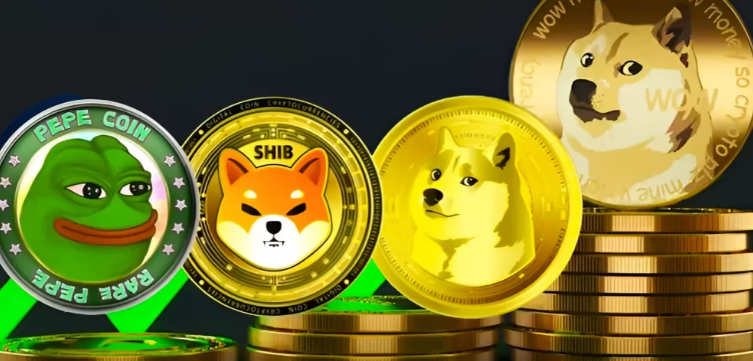The U.S. SEC’s Division of Corporation Finance has issued a statement clarifying that meme coins do not constitute securities under federal securities laws. Meme coins, inspired by internet culture and trends, are primarily bought for entertainment and social engagement rather than investment purposes. They typically lack functionality and derive their value from speculative market demand.
In a world where internet culture and finance collide, meme coins have carved out their own niche. Whether it’s Dogecoin, Shiba Inu, or the latest viral token, meme coins thrive on hype, community enthusiasm, and social media buzz. But with their growing popularity comes regulatory scrutiny.
Why Meme Coins Aren’t Considered Securities
The SEC’s Division of Corporation Finance explains that meme coins do not meet the legal definition of a security under the Securities Act of 1933 or the Securities Exchange Act of 1934. According to these laws, a security includes financial instruments like stocks, bonds, and investment contracts. Meme coins, however:
- Do not generate a yield or offer ownership rights.
- Lack an underlying enterprise that investors are funding.
- Depend on market speculation rather than managerial or entrepreneurial efforts.
This means meme coin transactions do not need to be registered with the SEC, nor do they fall under federal securities protections. However, buyers should be aware that no SEC protection means no safeguards against losses, market manipulation, or scams.
The Risk Factor: No Free Pass for Fraud
While the SEC acknowledges that meme coins themselves aren’t securities, the agency makes one thing clear: fraud will not go unpunished. If meme coin promoters engage in deceptive practices—such as making false claims about investment potential or fabricating scarcity—other federal and state laws may apply. Enforcement actions could still be taken by agencies like the Federal Trade Commission (FTC) or state regulators.
Additionally, the SEC warns against products falsely labeled as “meme coins” that actually function as securities. If a coin operates like an investment scheme, it could still fall under securities law, despite its branding.
What This Means for Investors and Traders
For those involved in meme coin trading, this SEC statement provides some clarity. Unlike securities, meme coins are essentially collectibles with no inherent value beyond what the market assigns to them. This makes them highly speculative and extremely volatile—a reality that traders should keep in mind before diving in.
If you’re considering meme coins, treat them as entertainment rather than investment vehicles. While some traders have struck gold, many others have suffered losses due to sudden market crashes. Without SEC protections, investors must do their own due diligence, watch out for scams, and understand that buying meme coins is more akin to gambling than traditional investing.
Final Thoughts
The SEC’s recent statement reinforces that meme coins exist in a legal gray area—while they aren’t securities, they also aren’t immune to legal consequences. As the crypto space evolves, meme coins will likely continue to ride waves of speculation, fueled by internet trends and social media hype. Whether you’re a casual buyer or a seasoned trader, the best strategy is to approach meme coins with caution, skepticism, and a strong understanding of the risks involved.
